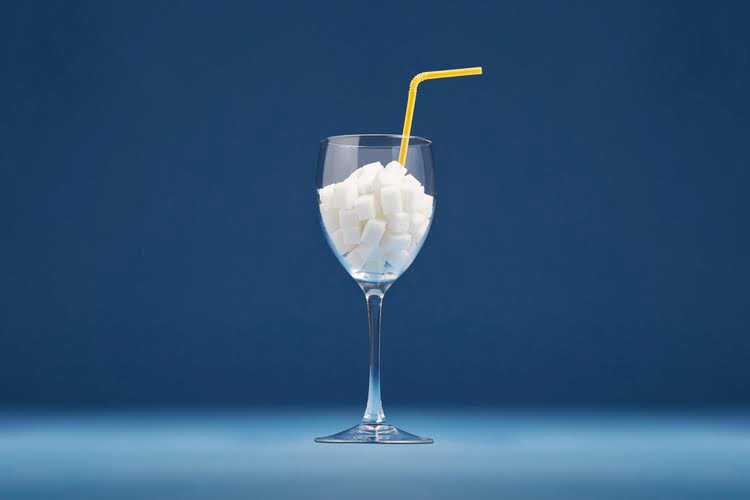Unlike talk therapy, which focuses on internal states, CM directly targets and modifies external behavior through a structured reward system. This direct, incentive-based approach makes it a powerful component of a comprehensive recovery plan. A therapist helps you identify specific triggers, whether they are people, places, or internal emotional states like stress or boredom. You then learn to anticipate these triggers and develop practical coping mechanisms to navigate them without resorting to substance use. Its effectiveness is so well-documented that it forms the basis of many successful programs, such as the Matrix Model for methamphetamine treatment and various CBT-based initiatives within Veterans Affairs medical centers. For a deeper look into this and other therapeutic modalities, you can explore the different types of addiction therapy available.
- By understanding and addressing these triggers, individuals can significantly reduce the risk of relapse and maintain their recovery journey.
- However, you’re inadvertently placing yourself at risk for a relapse.
- When we practice mindfulness and grow familiar with the reoccurring thoughts that trigger us, we can make a game plan around them.
Welcome to Drug Rehab Featured by Addiction Resource Team
At this stage, the thought of using can be very strong and you may experience cravings or seek out other users. Some people find that creating a visual reminder of recovery goals can help you stay on track. Easy ways to achieve this include writing each goal on colourful Post-it notes and sticking them around the house or creating a vision board to display images or quotes that inspire you to live the life you want. Some may have already experienced relapse and know how easy it can be to slip back into old habits.
A 10-Step Plan for Relapse Prevention

Evidence further suggests that practicing routine acts of self-control can reduce short-term incidence of relapse. For instance, Muraven 81 conducted a study in which participants were randomly assigned to practice small acts self-control acts on a daily basis for two weeks prior to a smoking cessation attempt. Compared to a control group, those who practiced self-control showed significantly longer time until relapse in the following month.
Relapse prevention plan worksheet samples
The growth stage is about Drug rehabilitation developing skills that individuals may have never learned and that predisposed them to addiction 1,2. The repair stage of recovery was about catching up, and the growth stage is about moving forward. Clinical experience has shown that this stage usually starts 3 to 5 years after individuals have stopped using drugs or alcohol and is a lifetime path.
- You can also learn new skills or hobbies to occupy your time, build self-esteem, and provide a sense of accomplishment.
- Equally important is to learn to identify situations that carry high risk of relapse and to develop very specific strategies for dealing with each of them.
- By developing a plan for avoiding high-risk situations, individuals can reduce the risk of physical relapse and stay focused on their recovery goals.
- By implementing these techniques into your recovery journey, you can enhance your resilience, strengthen your commitment to sobriety, and avoid falling back into harmful habits.
- This denial can prevent the use of effective techniques to prevent the progression of the relapse.
Recovery Programs
Then we can attach a desired behavior or routine to the things that trigger us. Every time we confront a known trigger, we will thereafter have a hot cup of tea and read a book (or whichever routine you like most). This way, we can create grounding rituals and coping routines for each of our stressors and triggers. Self-efficacy refers to a person’s confidence in relapse prevention their own ability to achieve something.

Current theory and research indicate that physiological components of drug withdrawal may be motivationally inert, with the core motivational constituent of withdrawal being negative affect 25, 66. Thus, examining withdrawal in relation to relapse may only prove useful to the extent that negative affect is assessed adequately 64. Initial evidence suggests that implicit measures of expectancies are correlated with relapse outcomes, as demonstrated in one study of heroin users 61. In another recent study, researchers trained participants in attentional bias modification (ABM) during inpatient treatment for alcohol dependence and measured relapse over the course of three months post-treatment 62.

Why Mindfulness Matters in Recovery?
Some people contend that addiction is actually a misguided attempt to address emotional pain. However, it’s important to recognize that no one gets through life without emotional pain. Changing bad habits of any kind takes time, and thinking about success and failure as all-or-nothing is counterproductive. In the case of addiction, brains have been changed by behavior, and changing them back is not quick.
Relapse prevention is one of the main goals of drug or alcohol treatment programs. When you become addicted to a substance, your brain functions change, making it challenging to overcome your condition. But clients and families often begin recovery by hoping that they don’t have to change.
